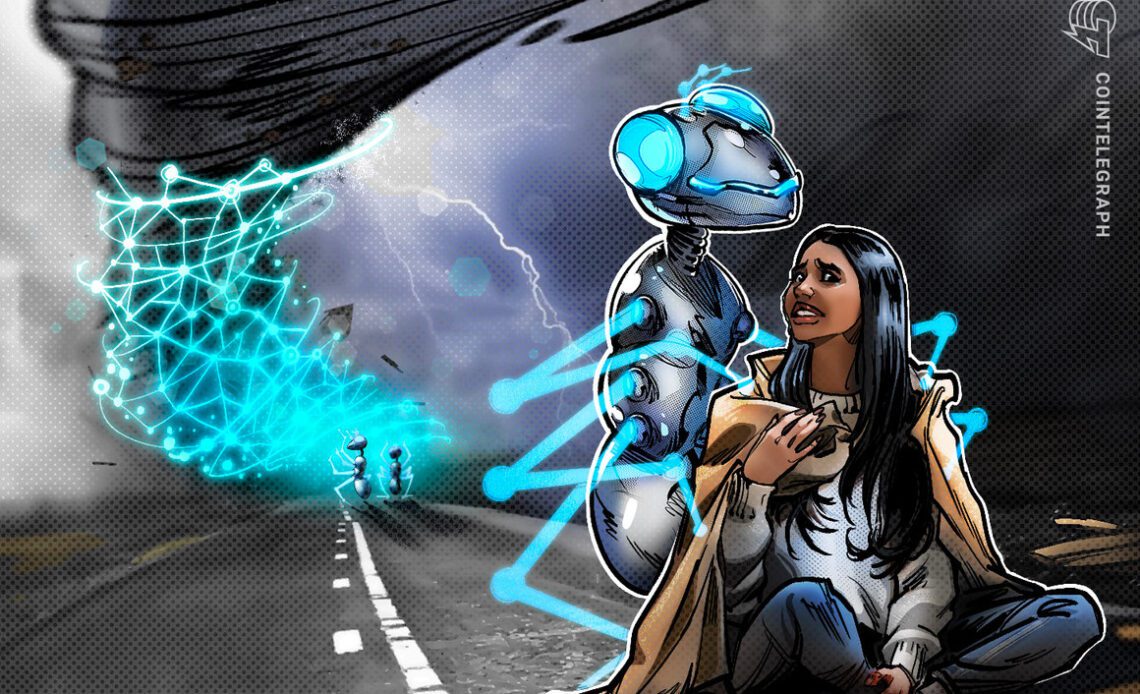Natural disasters in the United States are becoming more prevalent, resulting in increasing costs, a lack of transparency between state and government organizations and a slew of other issues impacting relief systems.
The Pew Research Center found that the Federal Emergency Management Agency’s (FEMA) public assistance program spent 23% more on natural disasters between 2010–2019 than it did during 2000–2009. Data from Climate.gov further shows that 2021 was the third costliest year in history for natural disasters in the U.S., totaling over $145 billion in damages from 20 weather-related incidents.
But as disasters become more common and costs continue to increase, relief organizations are looking toward digital solutions to help solve certain challenges. For instance, a number of cloud-based solutions from vendors like Dell and Amazon are gaining popularity, falling under the category of Disaster Recovery as a Service, or DRaaS.
A recent report from global technology research company Technavio found that the DRaaS market is expected to grow by $40 billion between 2022–2025. However, Technavio’s findings also suggest that open-source disaster recovery tools will challenge the growth of DRaaS moving forward.
Blockchain to automate disaster relief efforts
This may very well be the case, as a number of blockchain-based solutions are being applied for disaster relief efforts. In particular, many of these solutions can automate manual processes in order to ensure cost-efficiencies, automated workflows and data sharing across organizations.
For example, the Disaster Services Corporation Society of St. Vincent de Paul (DSC) — a 175-year-old organization that helps people in situational poverty brought on by natural disasters — is partnering with the Algorand Foundation to assist disaster survivors across the United States.
Elizabeth Disco-Shearer, CEO of the DSC, told Cointelegraph that the organization is specifically working with the foundation — the organization behind Algorand’s monetary supply economics, governance and ecosystem — to use digital wallets to reimagine their House in a Box program, which provides household furniture for families without insurance that have been impacted by a disaster.
According to Disco-Shearer, these digital wallets will be equipped with vouchers worth certain amounts of money that disaster survivors will be able to use at specific vendors to purchase new furniture. Disco-Shearer explained that…
Click Here to Read the Full Original Article at Cointelegraph.com News…
























